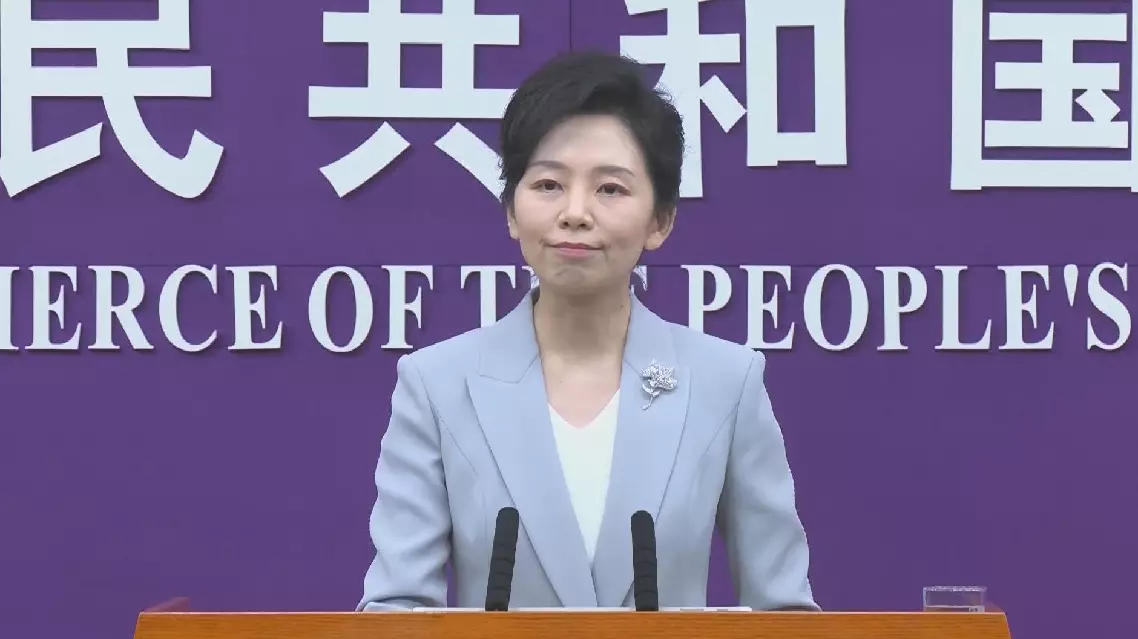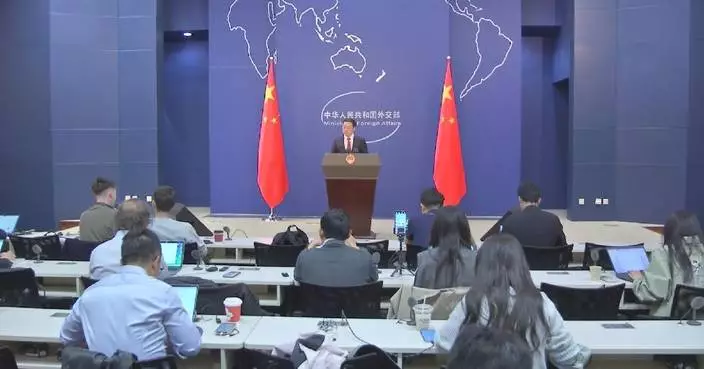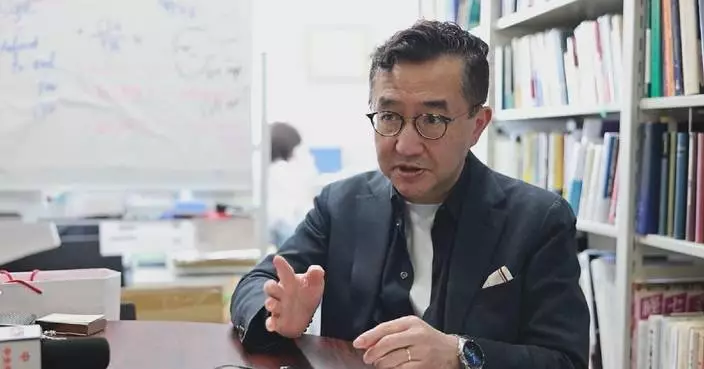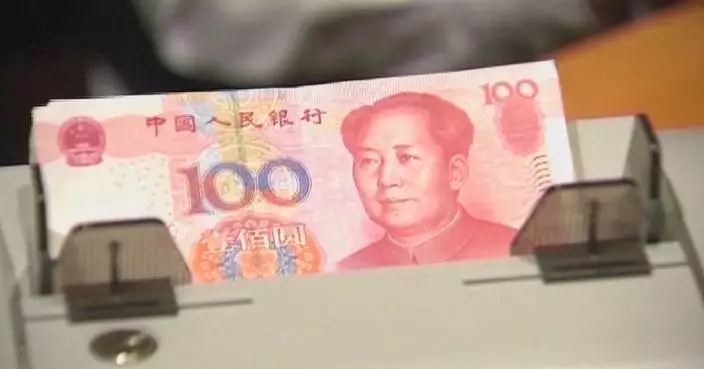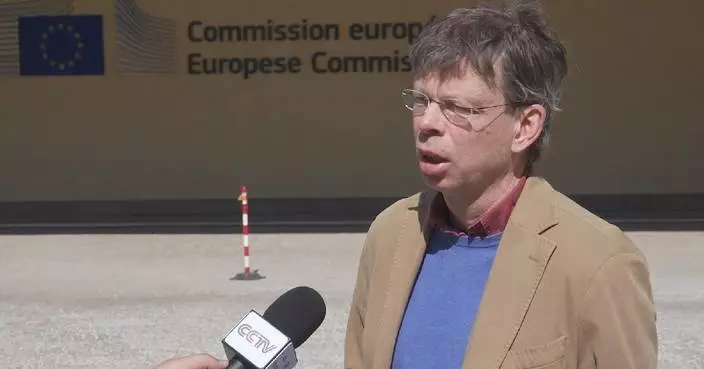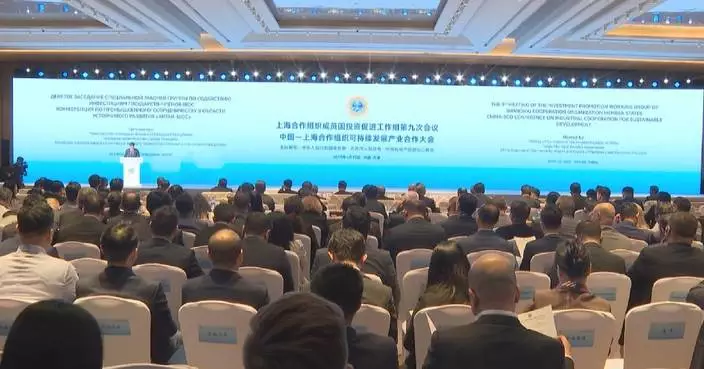U.S. President Donald Trump's latest round of tariffs, which has sent jitters around the world, is threatening economic growth in Africa.
While most nations face a minimum tax of 10 percent to do business with the U.S., many others, including 20 African countries, have been penalized with reciprocal tariffs for running large trade deficits with the U.S.
Lesotho was hardest hit, fetching the highest rate of 50 percent, while goods from other African countries could cost the American consumer between 30 and 47 percent more.
The move has been met with astonishment across much of Africa.
"This is a fundamentally nonsensical, counter-historic step. It's a defensive one. If you want, the previous hegemon who created a free trade world order saying, this is not working for us, so we're going to de-leverage, if you want. We're going to shut down and we're going to re-industrialize. The fact of the matter is that that's not likely to happen, the cost will be much, much higher than the benefit," said Claude de Baissac, founder and CEO of Eunomix, an advisory firm that focuses on investment in Africa.
The harsh measures effectively nullify the protection of the African Growth and Opportunity Act (AGOA), a trade program that allows eligible sub-Saharan African countries to export hundreds of products to the U.S. duty-free since its establishment in the year 2000.
AGOA has underpinned growth in high-value products such as vehicles, agricultural produce and textiles.
Losing the agreement will have catastrophic consequences for countries that have come to depend on it.
"It will be detrimental to employment opportunities and whatever effects in the economy. But even in the long term, if the value and supply chains leave your economy, it takes more than just the labor away. It also takes innovation and technology and all the other factors that come with it. It's also being determinedly impacted," said Piet Croucamp, an associate professor with North-West University's Business School in South Africa.
However, AGOA isn't completely off the table just yet, as African leaders are confident they will be able to still strike a deal.
"The trade ministers are meeting sometime this month in the DRC at which AGOA would be on our agenda and the intention would be that we would also be able to formulate an approach collectively as we go and engage on AGOA," said Mpho Parks Tau, South African Minister of Trade, Industry and Competition.
AGOA comes up for renewal in September but there is no telling on whether it will last till then.
In the absence of the agreement, many African countries that already battle high debt rates may not be able to compete in the U.S. market, which could be a huge setback to trade and economic growth.
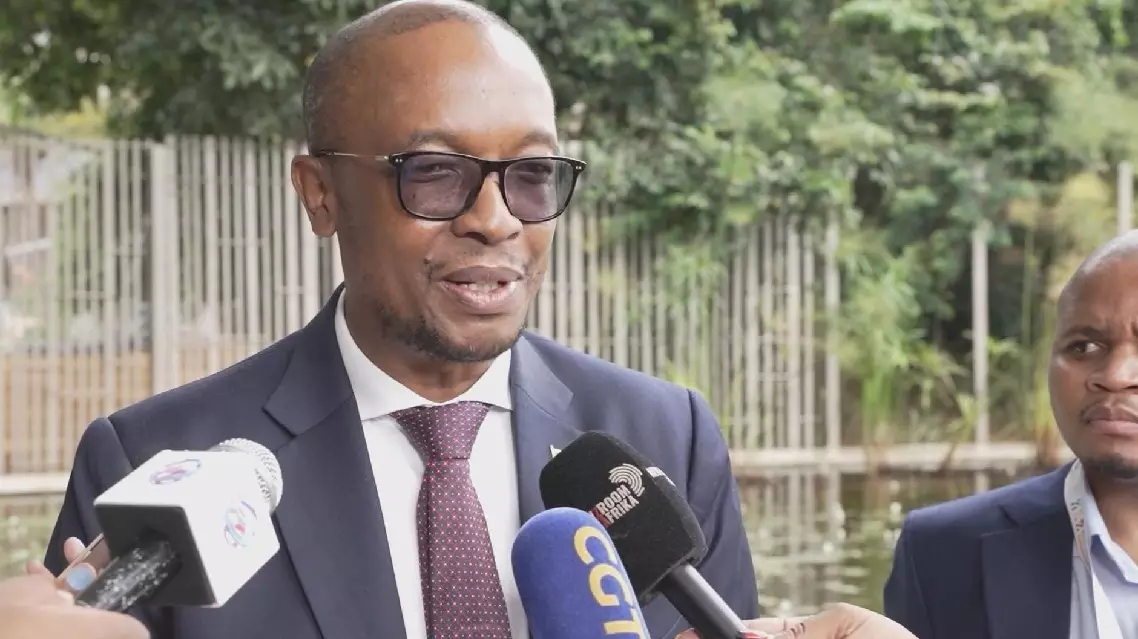
Africa's trade with US hangs in doubt with new round of tariffs



